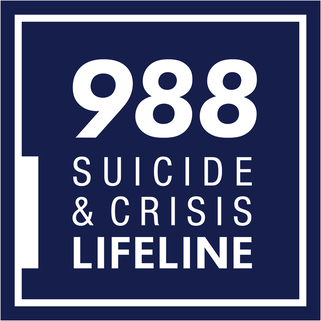|
Please DO NOT use this email address for medication refill requests or for emergency situations.
Click here for refill requests instead of using email: Medication Refill Request Form If you have a medical emergency, email is never the appropriate way to communicate your needs, and you should instead call 911 or go to the nearest ER. If you are having suicidal thoughts and need to speak to someone immediately, you can contact Suicide Prevention Hotline at the number (and link) below. [email protected]
Communications via email are not secure. Although it is unlikely, there is a possibility that the information you include in an email can be intercepted and read by other parties besides the person to whom it is addressed. |
|
2024 Providers for Healthy Living | All Rights Reserved
|


